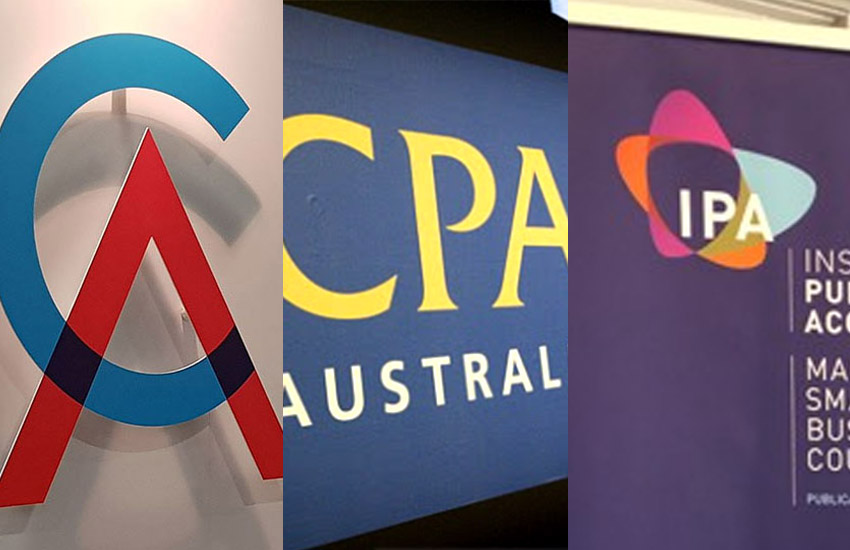While non-mandatory options were presented in the paper, greater emphasis was placed on mandatory adoption for all businesses through a phased approach starting with large businesses.
You’re out of free articles for this month
Chartered Accountants Australia New Zealand, CPA Australia, and the Institute of Public Accountants have now called for the government to hold off on such plans in light of the current economic conditions, warning that businesses and their advisers lack the capacity to implement a mandated change.
“We are concerned about the timing of this consultation,” said CA ANZ and CPA Australia in a joint submission to the Treasury.
“COVID-19 has significantly impacted businesses, with many trying to protect their day-to-day solvency while meeting their obligations as employers.
“Giving due consideration to possible additional mandatory requirements is an unnecessary distraction for many businesses during this time.”
The IPA’s general manager of technical policy, Tony Greco, said that while there was support for the principles of e-invoicing and the push towards digitalisation for businesses, it was not the right time to mandate a change.
“The mandating of e-invoicing, however, is not a priority in the current economic environment when there are so many pressing issues it needs to compete with,” Mr Greco said.
“We therefore do not support any mandating until the business community and its advisers has had a chance to bed down the secondary impacts of a post-COVID recovery.”
Incentives needed
Both CA ANZ and CPA Australia believe a mandatory approach will impose additional costs on businesses, forcing some to forego or delay other investments that may be more beneficial to them in the current economic climate.
It will also strip time away from businesses who are required to change business processes and update their systems to comply with the new requirements.
The accounting bodies have instead urged the government to allow businesses to adopt e-invoicing at their own pace by providing adoption incentives, before considering mandatory adoption.
They suggest looking at Singapore’s e-invoicing registration grant, which provides eligible businesses with S$200 (A$195) upon adoption of an e-invoicing solution, or considering Singapore’s digital resilience bonus for businesses in the food and retail sector which provides bonus payments of up to S$10,000 (A$9,750) for eligible businesses that adopt Singapore’s e-invoicing solution and other accounting and digital solutions.
“We believe that non-regulatory measures should be implemented before mandating is considered,” said CA ANZ and CPA Australia.
“In other words, the government should first allow sufficient time to determine whether its policy objectives are achieved by the market, with assistance from appropriate incentives and the payment times reporting (PTR) regime, before commencing discussions on whether to intervene by mandating.
“[This option] would enable the government to signal its intent to mandate e-invoicing should voluntary adoption not achieve their policy objectives. This would be a similar approach to that adopted by the EU.”

 Login
Login







